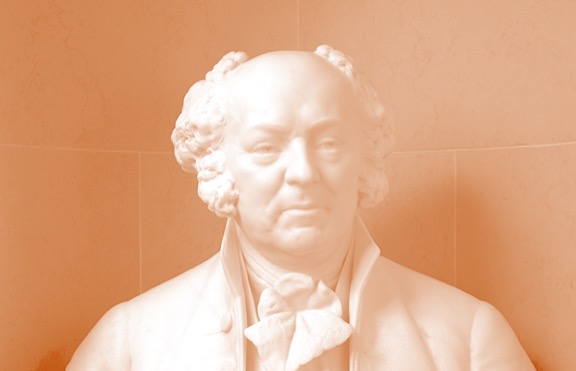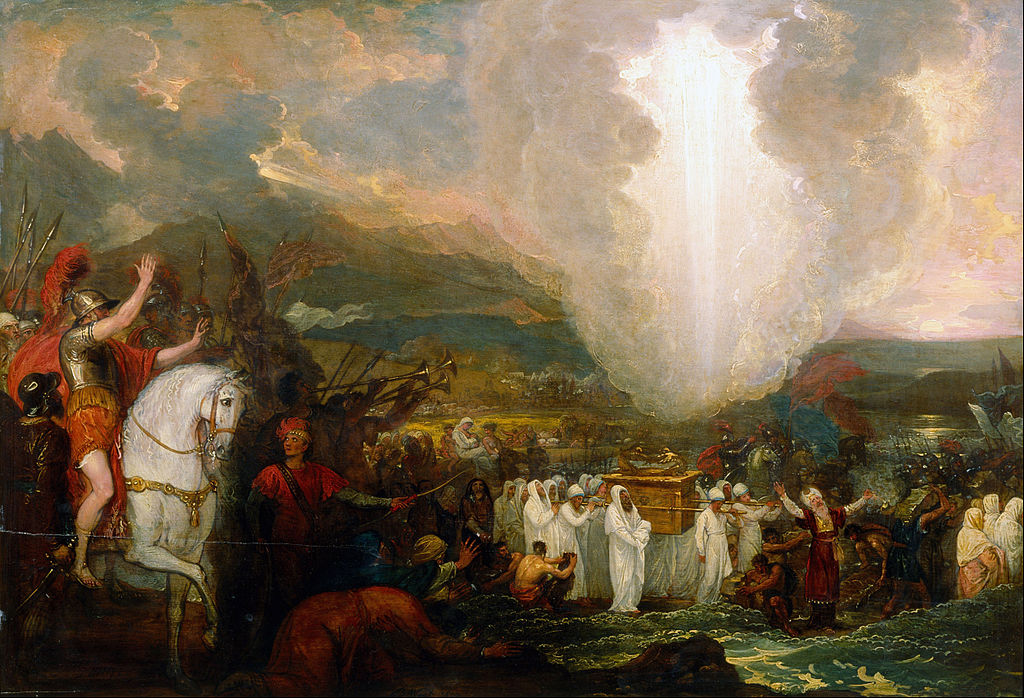The Crisis of Education

We need concrete action to relearn the American way of life.
Our current American crisis has many dimensions. It is useful to remind ourselves of them, even if some are more important than others.
We are beset by distorted education about our basic principles and by elites who undermine these principles; by the weakening of religion and the family, and the moral education they provide; by growing risk aversion and economic monopolies; by excessively powerful government and over-controlling experts; by lawyers, judges, journalists, and academics who ignore their professional limits and responsibilities; and by politicians who disregard constitutional boundaries.
Each of these difficulties is connected to loss of belief in the justice of our way of life. And, this loss of belief is itself rooted in mistaken views about the substance of our way of life, which is rooted in natural freedom and equality. Too many who succeed—too many among our “elites”—take for granted the political, intellectual, and economic conditions that allow them to flourish, and then undermine these grounds out of contempt, indifference, ignorance, guilt, or in order to advance their careers.
There are, nonetheless, reasons for hope, even if one fears the general direction of the trend. The first reason is people’s natural love of liberty, of family, of fair opportunity, of safety and stability, of decency and good character, of beauty, of learning, and of excellence. The second reason for hope is the possibility of speaking and acting on evident truths in one’s own areas of responsibility—not foolishly or recklessly, but when it counts and matters. Ordinary moral courage is within almost everyone’s reach. The third reason is that in most areas it is clear what actions would lead to better results. Effecting useful change is difficult, but what needs to be done is not obscure.
Although our natural inclinations give reason for hope, these inclinations are shaped by education and persuasion. This is why the root cause of our difficulties is poor education about the principles that form us. People’s judgments about liberty, equality, and opportunity stem from their natural independence and goals, but these are directed significantly by what we are taught.
That what is now taught about our principles is often harmful has been documented again and again. Our basic purposes of securing individual rights and of establishing rule by majorities filtered through representatives—rather than advancing self-understanding and political action conceived primarily in terms of racial and other groups—need to be continually reestablished. The difference between toleration and forced approval or favoritism needs to be asserted and reasserted.
Our difficulties should be discussed in light of our achievements, not as reasons to dismiss these achievements. No principle other than equal natural rights provides a firm rational ground on which to stand against slavery and legal inequality. No principle other than natural excellence provides the proper standard and incentive for the fullest use of our rights.
There are ways to ameliorate the difficulty of poor education that denigrates or misunderstands our principles. We often concentrate on higher education, but we especially need much more vigorous attention by parents to what is taught about the United States in elementary and secondary schools. Senator Tom Cotton recently proposed a bill to prohibit the use of federal funds to teach the New York Times’s 1619 Project curriculum—this would be an excellent start. But the real pressure has to come from parents.
We need also to proceed with the attempt to loosen the grip of monolithic public education and to continue the growth of programs of learning outside formal education. None of these programs or measures is novel or works automatically, but none is excessively difficult. They rest on people’s recognizing the truth of the natural inclinations I discussed, and on public and private leaders who understand and formulate these principles reasonably and persuasively. This may appear today to be a tall order, but it is not unfillable.
The many specific measures one might take in the other areas I mentioned rest on some combination of understanding our principles better and encouraging our government to stop displacing the economic and moral importance of families and religious institutions; to restrict economic and communications monopolies so that fair competition and equal opportunity is enhanced; and to advance due process, true legal equality, and the importance of individual excellence. Still another reason for hope is that three or four reasonable electoral outcomes could stem or even halt our decline.
In the long run, however, without reestablishing proper and thoughtful education about the principles and statesmanship on which our way of life is founded, our crises will recur. Each time they do, it will become more difficult to deal with them.
The American Mind presents a range of perspectives. Views are writers’ own and do not necessarily represent those of The Claremont Institute.
The American Mind is a publication of the Claremont Institute, a non-profit 501(c)(3) organization, dedicated to restoring the principles of the American Founding to their rightful, preeminent authority in our national life. Interested in supporting our work? Gifts to the Claremont Institute are tax-deductible.
The crisis of modern liberalism and science requires skeptical political philosophy—but skeptical political philosophy is itself undergoing a crisis.
Part II: Honor and self-constraint can stave off tyranny.






